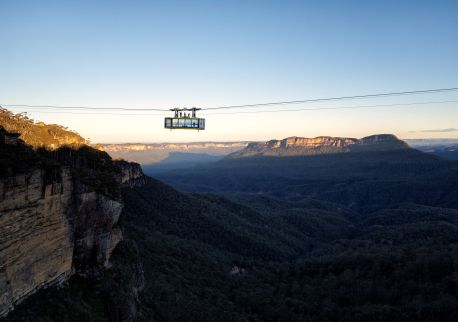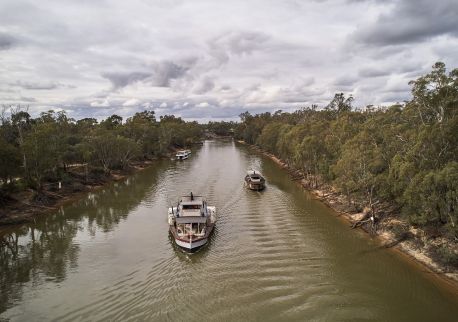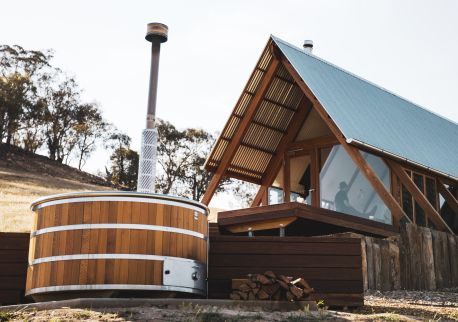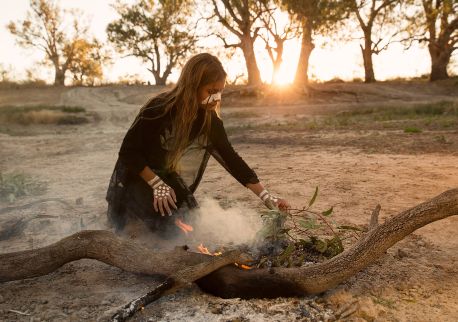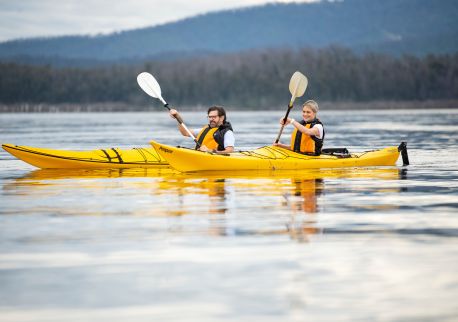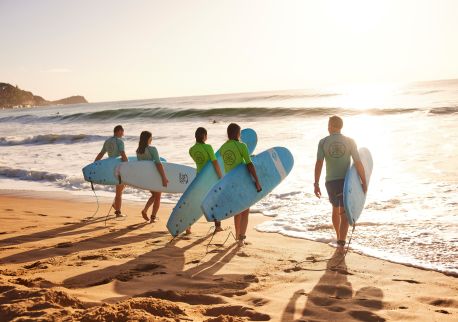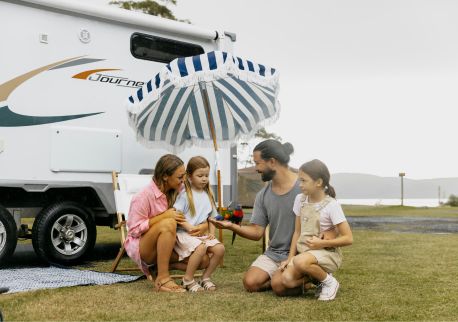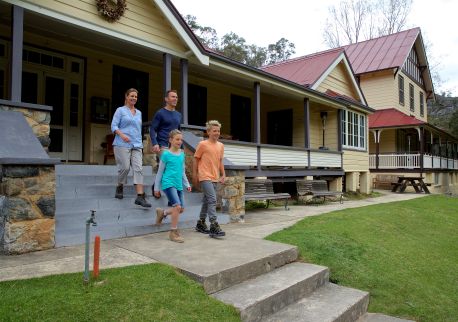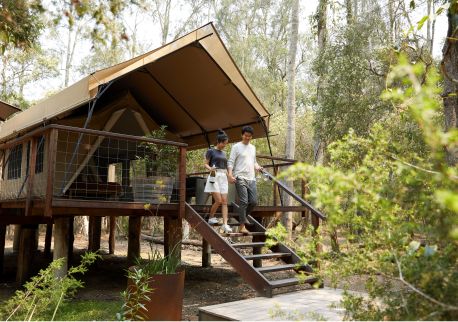NRMA Blue Dolphin Yamba Holiday Resort
Highlights
Overview
NRMA Blue Dolphin Yamba Holiday Resort, previously known as Blue Dolphin Holiday Resort, is located in the coastal town of Yamba on the Northern Rivers, NSW.
At Blue Dolphin Yamba, there is something here for everyone in the family, whether it's meeting dolphins or racing down waterslides. Choose from water-view villas or pet-friendly campsites and enjoy fantastic facilities, including a kids' waterpark and private jetty.
Dive into a world of excitement with activities like mini-golf, fishing, and swimming, or challenge yourself on the indoor rock wall.


